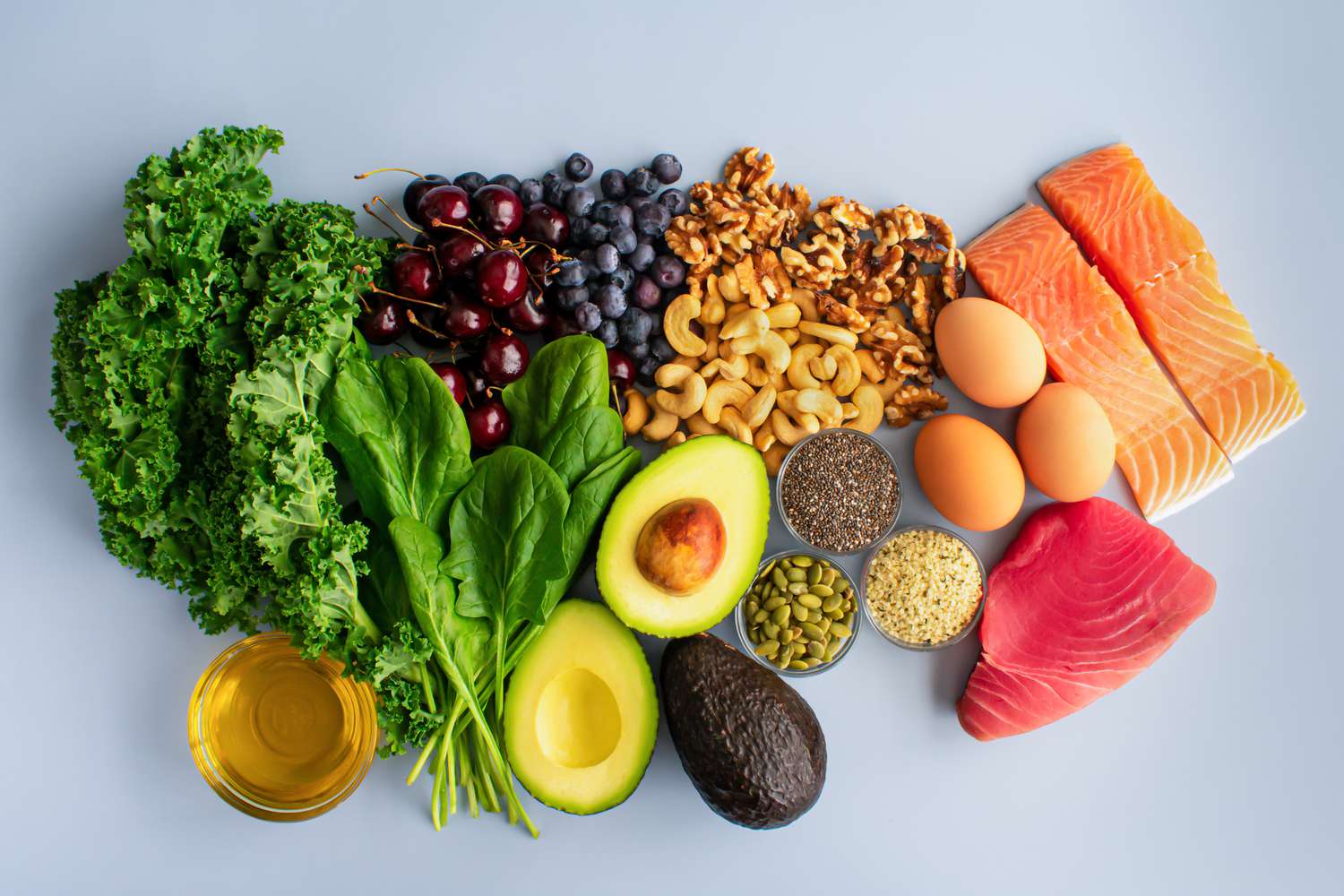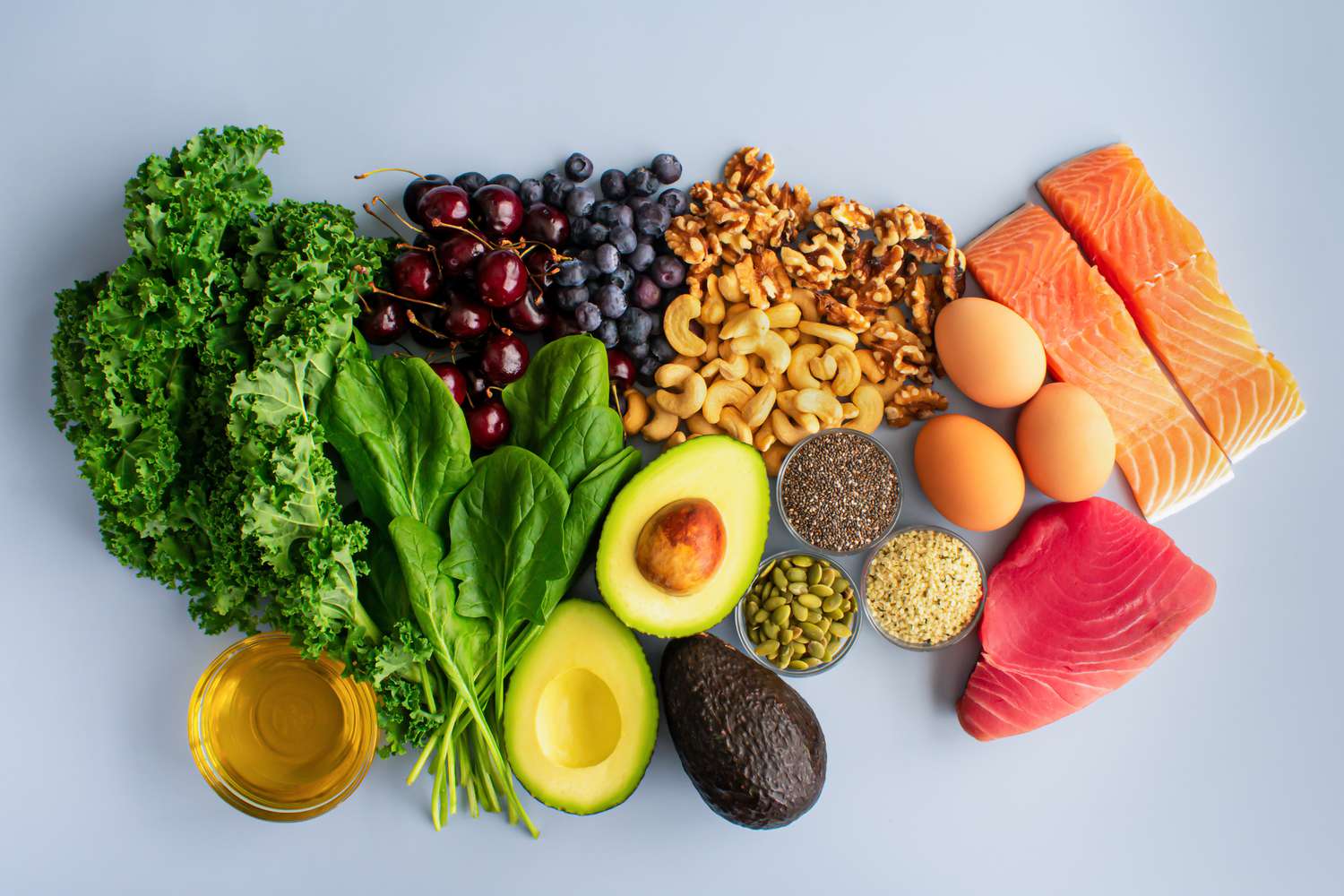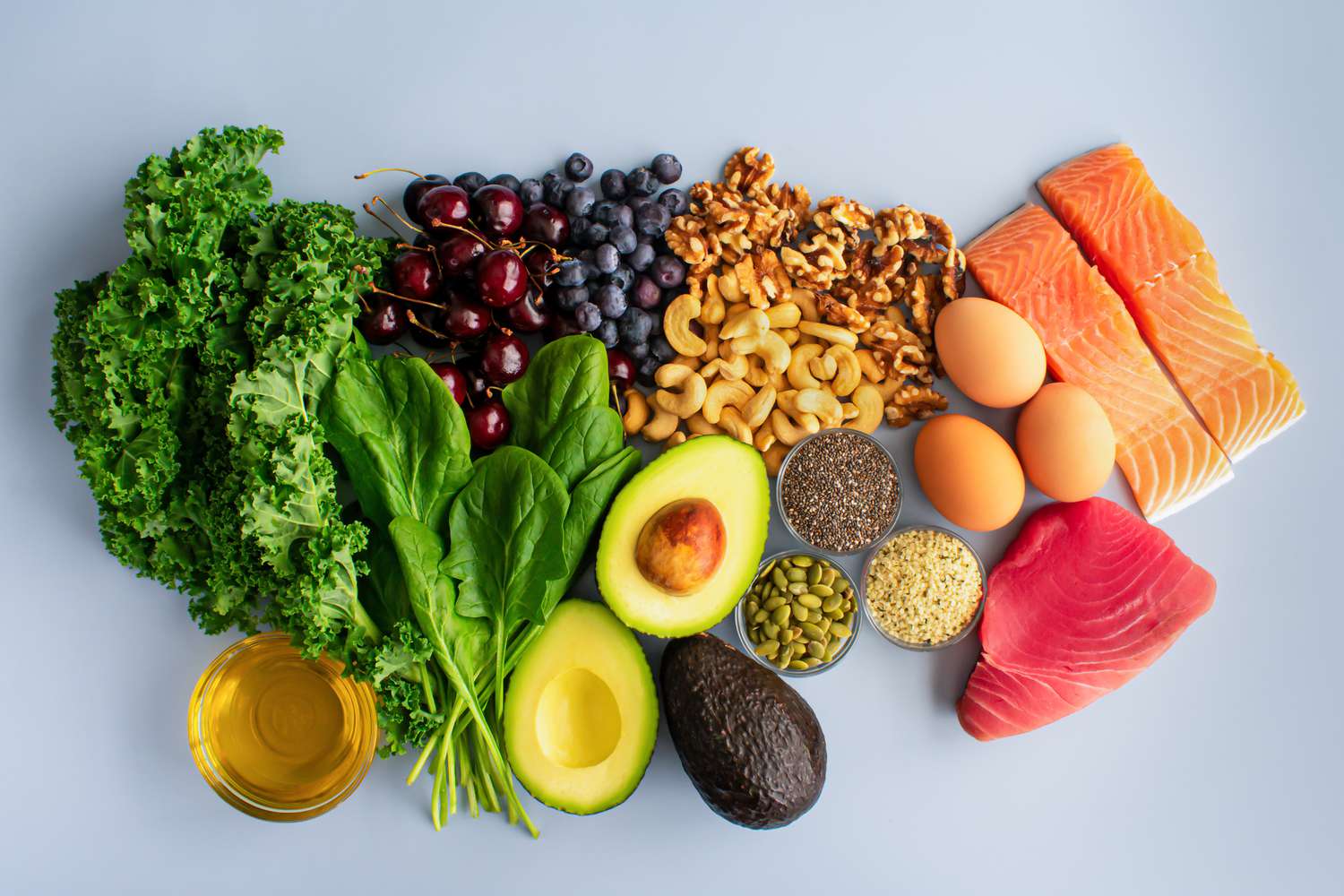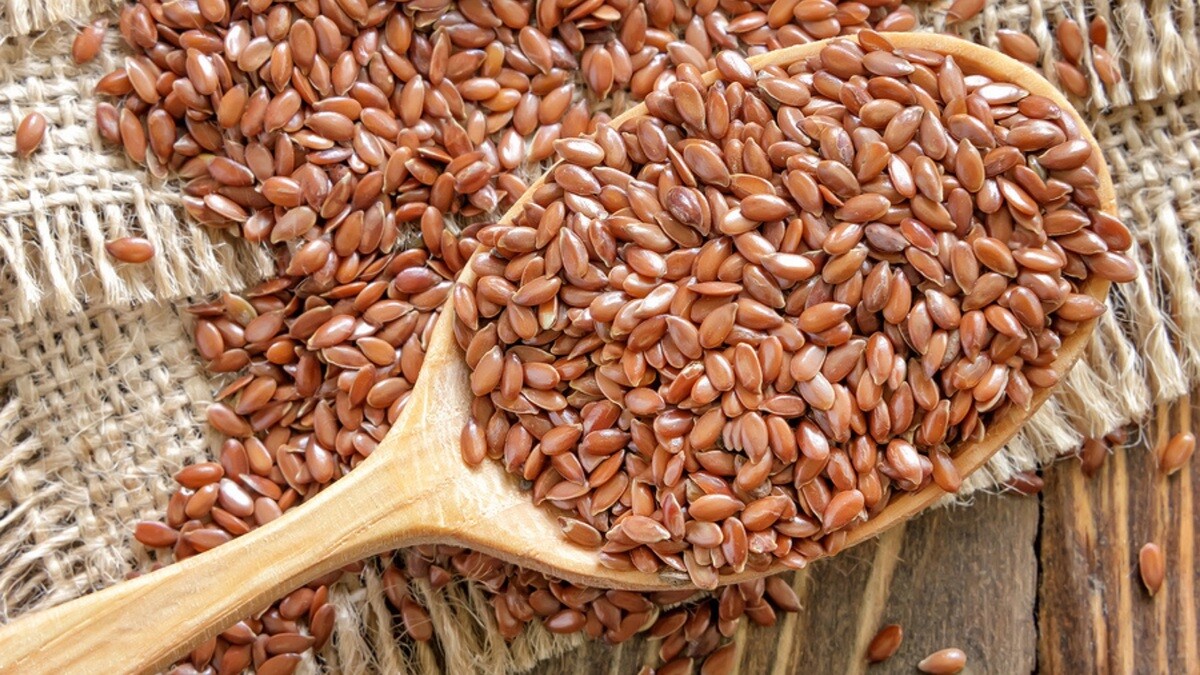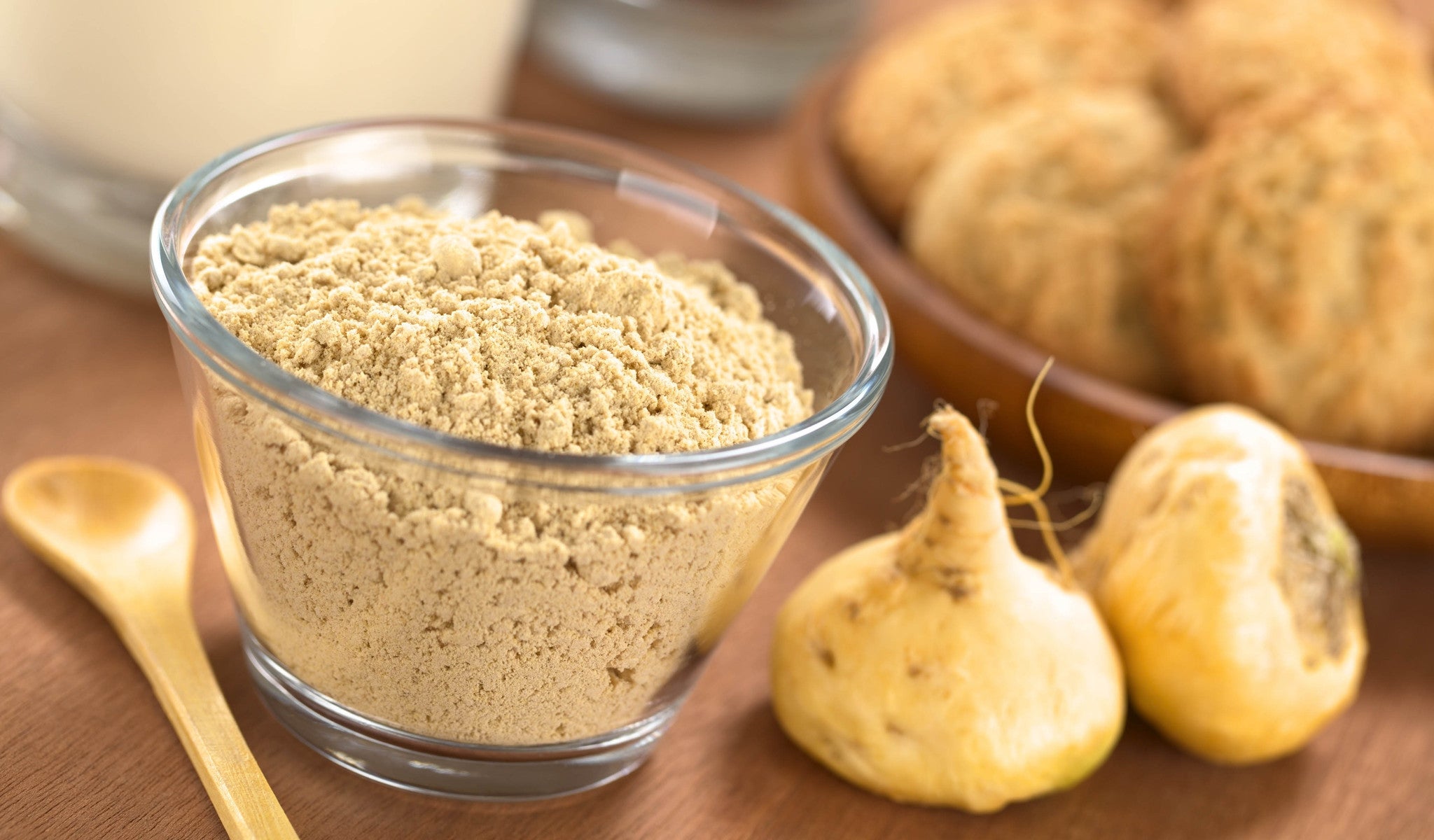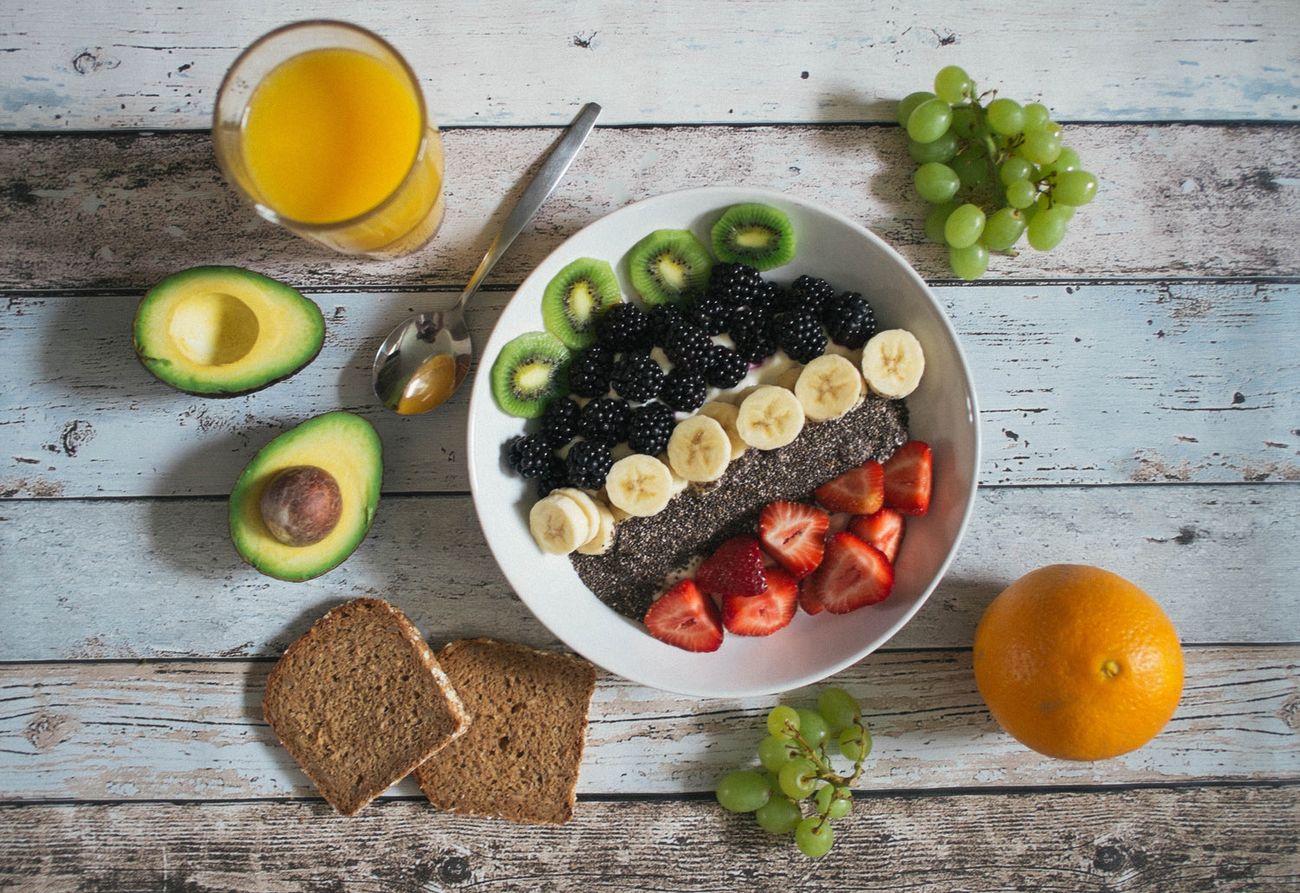How Your Diet Can Impact Hormonal Health
Our hormones play a crucial role in regulating various bodily functions, including metabolism, mood, and reproductive health. What we eat can have a significant impact on our hormonal balance. By making mindful food choices, you can support your hormonal health and overall well-being.
Key Nutrients for Hormonal Balance
When it comes to eating for hormonal health, certain nutrients are particularly important. These include:
- Omega-3 fatty acids: Found in fatty fish, flaxseeds, and walnuts, omega-3s can help reduce inflammation and support hormone production.
- Protein: Including sources of lean protein such as chicken, turkey, tofu, and legumes in your diet can help keep hormone levels stable.
- Healthy fats: Avocados, olive oil, and nuts provide essential fats that are needed for hormone synthesis.
- Antioxidants: Colorful fruits and vegetables, as well as green tea and dark chocolate, are rich in antioxidants that can help protect the body from oxidative stress and support hormonal balance.
- Complex carbohydrates: Whole grains, sweet potatoes, and quinoa can help regulate blood sugar levels, which is important for hormonal health.
Foods to Support Hormonal Health
Including the following foods in your diet can help promote hormonal balance:
- Fatty fish such as salmon and mackerel, which are rich in omega-3 fatty acids.
- Leafy greens like spinach and kale, which provide a range of vitamins and minerals that support hormone production.
- Berries, which are packed with antioxidants that can help combat inflammation and support overall health.
- Probiotic-rich foods like yogurt, kefir, and sauerkraut, which can support gut health and indirectly impact hormone balance.
- Flaxseeds and chia seeds, which are high in fiber and omega-3s.
- Lean sources of protein such as chicken, turkey, and tofu.
- Healthy fats from sources like avocados, olive oil, and nuts.
Foods to Limit for Hormonal Health
On the flip side, there are certain foods that may negatively impact hormonal balance and should be consumed in moderation. These include:
- Sugar: Excessive sugar intake can lead to insulin resistance and disrupt hormone levels.
- Processed foods: These often contain unhealthy fats, added sugars, and artificial additives that can interfere with hormonal health.
- Trans fats: Found in fried and processed foods, trans fats can promote inflammation and disrupt hormone function.
- Caffeine: While moderate caffeine intake is generally fine, excessive consumption can disrupt cortisol levels and impact hormonal balance.
- Alcohol: Heavy drinking can disrupt hormone levels and liver function, so it’s best to consume alcohol in moderation.
Meal Planning for Hormonal Health
When planning your meals to support hormonal health, aim for a balanced approach that includes a variety of nutrient-dense foods. Here are some tips to keep in mind:
- Include a source of protein with each meal to support stable blood sugar levels and hormone production.
- Opt for complex carbohydrates like whole grains and legumes to provide sustained energy and support blood sugar balance.
- Incorporate plenty of colorful fruits and vegetables to ensure a good intake of antioxidants and essential vitamins and minerals.
- Choose healthy fats from sources like avocados, nuts, and olive oil to support hormone synthesis and overall health.
- Aim for a varied diet that includes a range of nutrient-dense foods to support overall well-being.
Conclusion
By paying attention to the foods you eat and making choices that support hormonal balance, you can positively impact your overall health and well-being. Incorporating nutrient-dense foods, prioritizing key nutrients, and being mindful of your overall dietary patterns can all contribute to better hormonal health. Remember, small changes in your diet can lead to significant improvements in how you feel and function on a daily basis.



